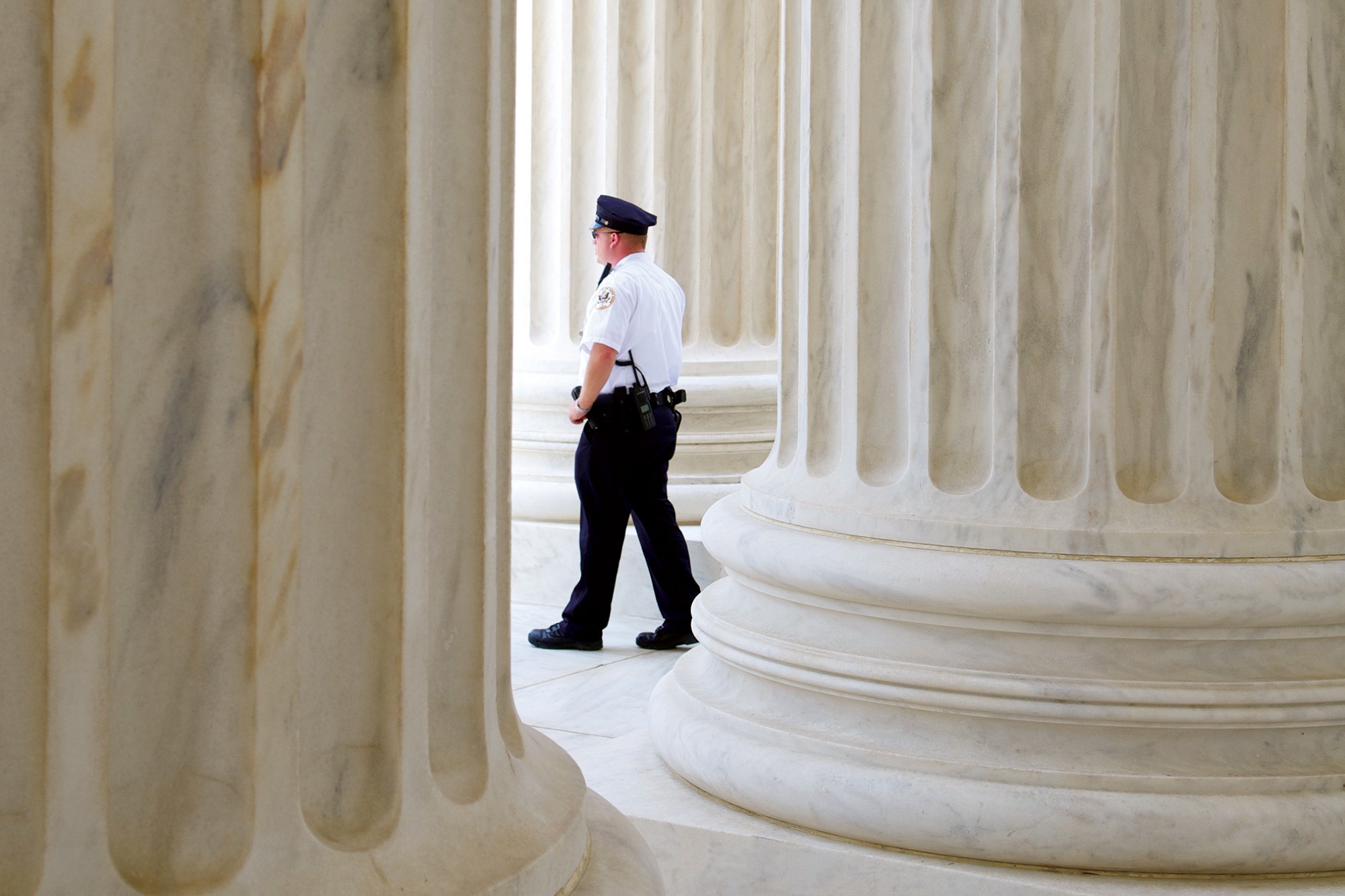 International, Federal Courts
International, Federal Courts
In recent years, governments from the state of Delaware to the Emirate of Dubai have created institutions specially designed to adjudicate transnational commercial disputes. These institutions are hybrids between courts […]
 Court Administration, Judging, Civil Law, Technology, Federal Courts
Court Administration, Judging, Civil Law, Technology, Federal Courts
by Lee Rosenthal, Scott Dodson and Christopher L. Dodson
Vol. 104 No. 3 (2020-21) | Judges on the MarchTwo great forces are upon us. One is COVID-19, a highly infectious disease that has disrupted society around the globe.1 The other is the constant push of technological advancement, which […]
 Court Administration, Technology
Court Administration, Technology
In the early months of the COVID-19 outbreak, the Texas judiciary focused on its response to the global pandemic. The Office of Court Administration (OCA), the judicial branch agency tasked […]
 Court Administration, Federal Courts
Court Administration, Federal Courts
On the evening of July 19, 2020, United States District Judge Esther Salas was enjoying a playful moment with her son Daniel, who had just celebrated his 20th birthday. As […]
 Court Administration, State Courts
Court Administration, State Courts
by Mary Ellen Barbera and Joseph Baxter
Vol. 104 No. 3 (2020-21) | Judges on the MarchAs the number of reported incidents of courthouse violence has increased,1 awareness of the need to improve security in state courts has also grown. At the same time, courts have […]
 Court Administration
Court Administration
Efforts to strengthen security for judges and their families took on new urgency this year in the wake of the horrific murder of U.S. District Court Judge Esther Salas’s son […]
 Court Administration, State Courts, Federal Courts
Court Administration, State Courts, Federal Courts
The foundation of our justice system is the jury trial. In criminal cases, the Sixth Amendment provides that “the accused shall enjoy the right to a speedy and public trial, […]
 Law & Culture, Judging
Law & Culture, Judging
by Jeffrey Rachlinski, Andrew J. Wistrich and Bernice B. Donald
Vol. 104 No. 3 (2020-21) | Judges on the MarchTo better understand the effect of implicit bias in the courtroom, Judge Bernice Donald of the United States Court of Appeals for the Sixth Circuit talked with Professors Jeffrey Rachlinski and Andrew Wistrich of Cornell Law School.
 International, Rule of Law
International, Rule of Law
by John Macy and Allyson K. Duncan
Vol. 104 No. 3 (2020-21) | Judges on the MarchIn late 2019, the Polish Sejm approved yet another law aimed at cabining the structure and function of the judiciary. The new law, popularly referred to as a “muzzle” law, empowers a disciplinary chamber to bring proceedings against judges for questioning the ruling party’s platform. The law allows the Polish government to fire judges, or cut their salaries, for speaking out against legislation aimed at the judiciary, or for questioning the legitimacy of new judicial appointees.
 Federal Courts
Federal Courts
by Jeffrey S. Sutton and Derek A. Webb
Vol. 101 No. 3 (2017) | Bold and Persistent ReformAt 6 p.m. on New Year’s Eve, 2016, as most Americans were settling in to watch college football games or preparing to go to a New Year’s Eve party, Chief […]